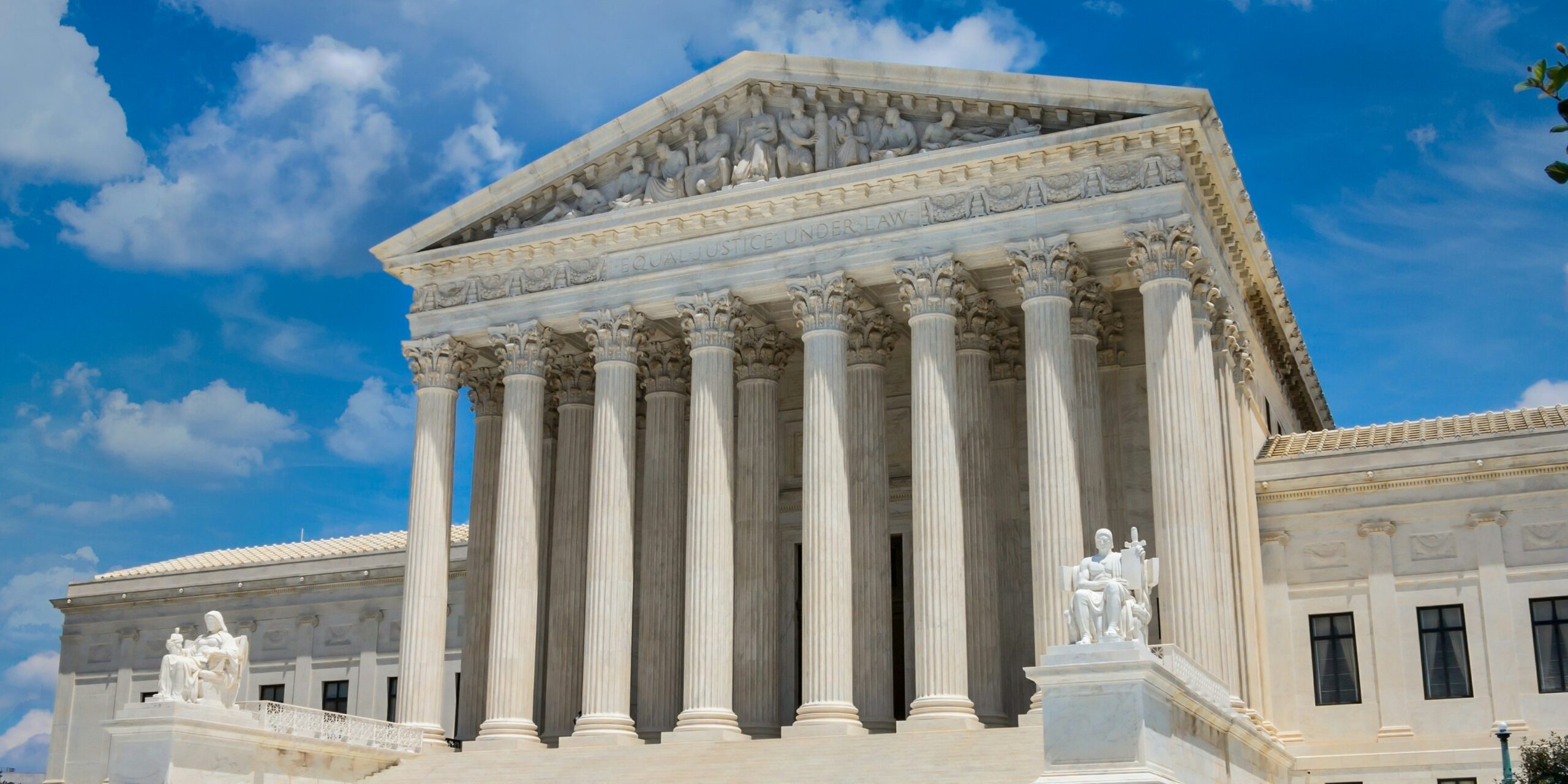Blockchain Technology and the Rule of Code: Regulation via Governance
Primavera De Filippi, Morshed Mannan & Wessel Reijers 92 Geo. Wash. L. Rev. 1229 Blockchain-based systems, by virtue of their technological features, present challenges to the rule of law. These systems work in a transnational and decentralized fashion, often with pseudonymous user identities, executing code autonomously without the possibility of coercion by any single operator.... Read More
Artificial Intelligence and the First Amendment
Cass R. Sunstein 92 Geo. Wash. L. Rev. 1207 Artificial intelligence (“AI”), including generative AI, is not human, but restrictions on the activity or use of AI, or on the dissemination of material by or from AI, might raise serious First Amendment issues if those restrictions (1) apply to or affect human speakers and writers,... Read More
The Mathematical Question: Defining “Relatively Easy” Political Questions
Nathaniel Schwamm 92 Geo. Wash. L. Rev. 1182 Justiciability doctrines are intertwined with constitutional commands and prudential concerns. They weave together text and history; they aim to protect democracy and individual rights. In 2019, the Supreme Court, in Rucho v. Common Cause, determined that partisan gerrymandering claims suffer from justiciability problems by implicating a doctrinal... Read More
Judicial Review of Agency Noncompliance with Presidential Administrative Orders and OMB Circular A-4
Eitan Sirkovich 92 Geo. Wash. L. Rev. 1163 President Biden’s Executive Order 14,094, Modernizing Regulatory Review, continues the line of presidential directives dating back to the Reagan Administration that centralize the President’s control over administrative agencies’ regulatory processes. Its express purpose is to ensure well-reasoned, high-quality regulations, but it affords no private right of action... Read More
What the New Major Questions Doctrine Is Not
Anita S. Krishnakumar 92 Geo. Wash. L. Rev. 1117 The major questions doctrine has undergone a sea change in prominence within the span of two years. In the ten months between August 2021 and June 2022, the Court invoked the canon three times, using it aggressively to invalidate some of the signature policies implemented by... Read More
Chenery II Revisited
Daniel T. Deacon 92 Geo. Wash. L. Rev. 1050 Ever since the Supreme Court’s 1947 decision in SEC v. Chenery Corporation, known as Chenery II, agencies have enjoyed wide latitude to develop policy through individual adjudications in addition to rulemaking. Chenery II has never been completely uncontroversial, and in recent years, calls to overturn or... Read More
The Ordinary Questions Doctrine
In Loper Bright Enterprises v. Raimondo, the Supreme Court overruled Chevron as inconsistent with the Administrative Procedure Act (“APA”), which requires courts to decide “all relevant questions of law” and therefore prohibits them from deferring to agency interpretations because the relevant statutory language is ambiguous. A different approach now governs judicial review of the countless routine, often specialized questions of statutory interpretation that agencies answer in the normal course of implementing their statutes—the “ordinary” questions.
Balancing the Burden of Qualified Immunity: How to Better Address the Original Intentions of this Limited Defense to § 1983 Claims
Gillian Isabelle 92 Geo. Wash. L. Rev. Arguendo 95 The doctrine of qualified immunity was born in a time of turmoil in the United States. A Supreme Court-created defense meant to shield government officials from petty lawsuits, qualified immunity has become a highly criticized doctrine. This criticism is representative of the ever-growing concern that government... Read More
Transformative Manners of Use: The Unofficial Bridgerton Musical and a Call for Reform in Transformative Use Analysis
Brice Kimble 92 Geo. Wash. L. Rev. Arguendo 65 Modern cases of copyright infringement largely deal with an analysis of ‘transformative use,’ a judicial creation that is seen as an outgrowth of fair use as codified in the Copyright Act of 1976. Since 1976, the application of ‘transformative use’ has been different across courts and... Read More
Previews for the 2024 October Term of the Supreme Court
As the 2024 Supreme Court term gets underway, several pivotal cases are set to challenge and refine existing legal precedents across a wide range of issues. From questions about federal authority and constitutional rights to crucial interpretations of criminal law, the following case previews provide a glimpse into the issues the Court will tackle and... Read More

